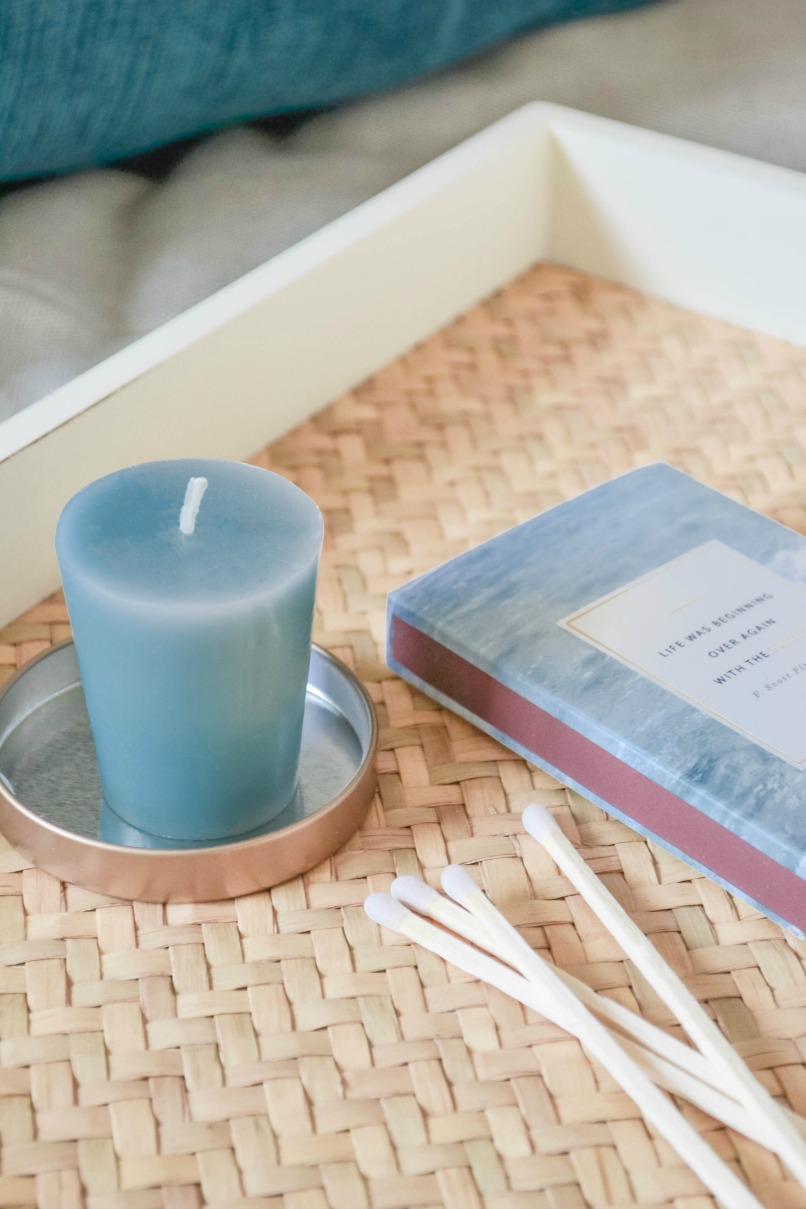How to Apply the Psychology of Positiveness When You Feel Stuck
At the time of writing this article, my Microsoft Word dictionary does not have a grid for the word positiveness. It keeps wanting to offer other options and auto-correct. So I looked up the word using Google search and finally found this definition below, from the Cambridge English Dictionary, which I found absolutely resonated with my personal philosophy!
Positiveness: the fact of being full of hope and confidence, or of giving cause for hope and confidence
This is a brilliant definition I can get behind and actually put into action everyday in my practice as a psychotherapist.

Why You Should Identify the Good Experiences in Your Life
I not only want to hear from my clients about what is going poorly, the minuses, but I also want to hear about what they have overcome in the past, the pluses. For every client that opens up to me and as I lean in to listen, I strive to help them identify the pluses of their lives. Identifying those pluses is crucial as it helps them see more clearly through the fog of minuses that brought them to my office. From those pluses, we can work together and initiate a plan of action that launches our therapy sessions towards a psychology of positiveness or my preferred words: a path of empowerment.
How Did The Psychology of Positiveness Come About?
The psychology of the positiveness approach emerged shortly after World War II, and decades later, Dr. Martin Seligman is now the recognized authority that gave it solid grounds. I find it is greatly beneficial to incorporate this approach with other more traditional therapeutic approaches. In doing so, it enables clients to focus on how they can piggyback on their pluses and take the lead in their own process of finding answers and solutions to the concerns they are presently facing. The immediate benefit, usually felt before the first session ends, is a notable diminished sense of helplessness or feelings of being completely stuck.
The Thing We All Do When We Face Tough Circumstances
When facing difficult situations, it is absolutely normal to lose your sense of meaning and order in your daily life. Questions like: “What’s the point?” or “Will I ever get out of this feeling of being trapped?” or statements like “I can’t go on like this!” are classics when confronted with destabilizing circumstances. The feeling of spiraling out of control can become overwhelming. Restoring meaning and a sense of order will be your first step towards a sense of personal empowerment.
Adopting a few of the basic premises found in the psychology of positiveness is accessible to all and can help you stir up and expand your own problem solving skills. For the purpose of this article, I want to bring your attention to a simplified understanding of the key points at the center of this approach.

The Psychology of Positiveness in Small Bites
First, it is important for you to identify the way you process any given problem. Being self-aware of your process can really influence in a positive way your ability and approach to problem solving. The research indicates three typical behaviors: thinking it through, talking it out and writing it out. You may already know your preferred approach – but learning to use all three approaches will enhance your ability to navigate more resiliently any difficult season you find yourself in.
Purge The Negative
I am a big fan of writing it out. You most likely are aware of the buzz regarding a gratitude journal. Well the research backs up the benefits of writing. After you have talked it out, and spent time ruminating it over and over: (also known as overthinking!), time to write it out. Grab blank pages and vent on paper. Purge all your negatives and release the volcano of emotions. Next write out as many positives as you can. After doing those two steps, spend time exploring and writing a list of possible steps you can take. By engaging in that little brainstorming exercise, you have just outlined the first draft of a plan of action.
Take One Step
Second, take time to reflect on those aspects of your life you do have control over. Focus on what generates positive energy even if it’s short lived. Things like going for a walk, dancing to your favorite music, baking cookies, are examples of areas in which you still have control. Add to this, acting on one step you wrote in your brainstorming exercise – Yes one step! Taking that step will generate a sense of control, a sense of: “I have some say in this moment” which equates to personal empowerment.
Write A New Internal Script
Third, pay attention to your internal self-talk! Your thoughts have the power to sap your energy or invigorate your energy. We all have the innate expertise of long self-sabotaging monologues. Harnessing these monologues and rewriting the script is the most efficient way of getting unstuck or building resilience and helping you get on the other side of a difficult season. Here, the power of writing comes into play once again. Write down the negatives and flip them: write a new narrative of positiveness. Use past positive outcomes (these are part of your pluses) and challenge the negative self-talk with your new script. From: “I am spinning” to “I have overcome in the past, I can do it again!”
To Recap in Point Form:
- Three ways of processing a problem: talking it out, thinking it out and writing it out
- Reflect on what you do have control over and draft a plan of action
- Identify your negative internal monologue and rewrite a new script
In any given season of too many challenges, don’t lean into the minuses. Go ahead, choose just a few pluses, and lean strong into those. The research on the psychology of positiveness has substantial evidence to back up this approach even for those of you who are not optimistic by nature. You will be surprised how doing so will help you navigate a difficult season or create the bridge you need to find your way towards a new and healthier chapter in your life.
SAVE THIS POST ON PINTEREST

Your Mental Wellness Matters. You Might Also Be Interested in Exploring These Topics:
- How to Deal With the Fear of Missing Out
- Aging Gracefully – You’ve Got This!
- 10 Signs Your Self-Esteem Is Under Attack
- Getting To Know Yourself Better
- 7 Practical Ways To Improve Your Communication Skills
THE BEST OF THIS LIFE: ESTABLISHED IN 2011 AND INSPIRING READERS TO LIVE THEIR HEALTHIEST, HAPPIEST, BEST LIFE SINCE!
- How to Apply the Psychology of Positiveness When You Feel Stuck - August 27, 2020
- How to Deal With the Fear of Missing Out - February 2, 2020
- When It’s the Right Time to Let Go - January 16, 2019





